AO Edited
Eremo di San Venanzio (Hermitage of San Venanzio)
This hermitage spanning an Italian river gorge draws pilgrims hoping to heal ailments like arthritis and migraines.
Just a short trip from the small town of Raiano, in the Abruzzo region of Italy, the narrow and spectacular gorges of the Aterno river carve their way through a valley where rugged mountains rise far above.
Nestled on a rocky outcrop lies a medieval hermitage named after Saint Venantius, martyr and patron of the university town of Camerino. Like other such sites in the Italian region of Abruzzo, hermits and religious figures, inspired by the life of Pope Celestine V (the hermit-Pope Peter from the nearby Morrone mountain) fashioned hermitages, chapels and small sanctuaries out of the rocky outcrops, gorges and caves of this wild, rugged region.
The hermitage is mentioned in papal charters from the 12th century but its current style dates back to the 1400s, with significant restoration from the 1600s.
The site is essentially composed of a church, with altars dedicated to Saint Peter Celestine and Saint John the Baptist, a hermitage, a small cave, a room with votive offerings and, a two-tiered loggia built directly over the river and a small chapel at a lower level. The loggia was most likely built to provide a safer access to the cave below, as an alternative to the steep stone staircase (Scala Santa) that is accessible in front of the main altar from the church above.
The cave is said to preserve the traces of the saint. Local devotees rub their backs against the stone to heal arthritis and back problems. This form of lithotherapy, or stone healing, is also present elsewhere in the site; On the way to the church, holes inside the cliffs are said to be the marks of Saint Venantius’s elbow, head, and feet. By placing their body parts in these openings, believers hope to heal rheumatism and migraines. Devotees also harvest “il grano di San Venanzio”, a local herb that, alongside water from the Aterno River, is said to protect those who keep it at home.
In the small underground chapel , a stunning 16th century terra cotta scene known as a “Compianto” depicts the grief of the Virgin, Mary Magdalene, and other women as they gather around the body of the crucified Christ.
Know Before You Go
The church is normally open on weekends during the warmer months. More information can be found on the website of the Gole di San Venanzio nature reserve.
Trails from the hermitage lead to other interesting sights, such as a water channeling system from Roman times or a water-mill.
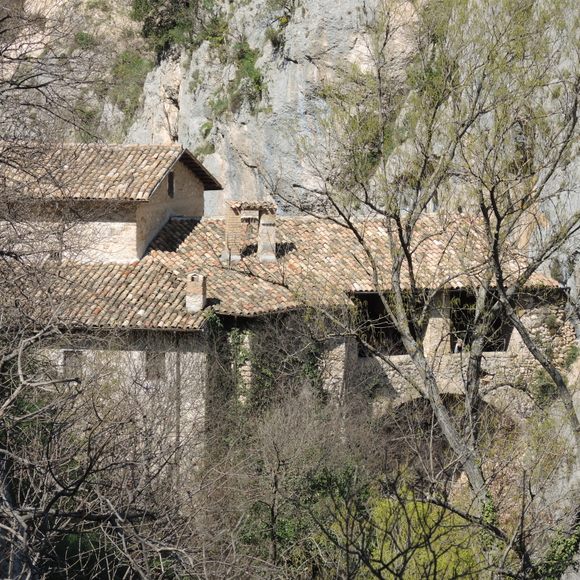

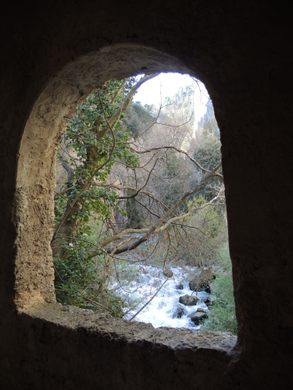
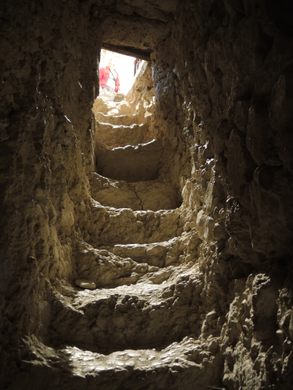
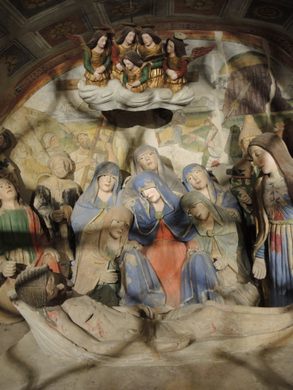
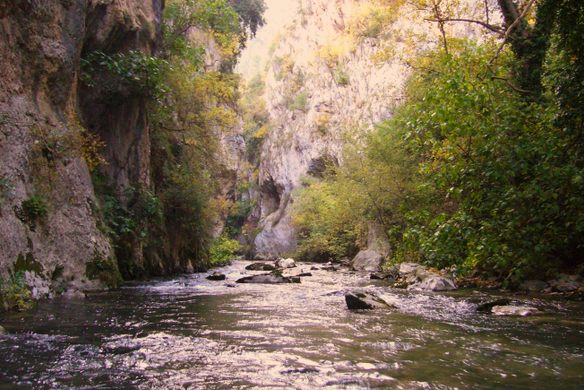





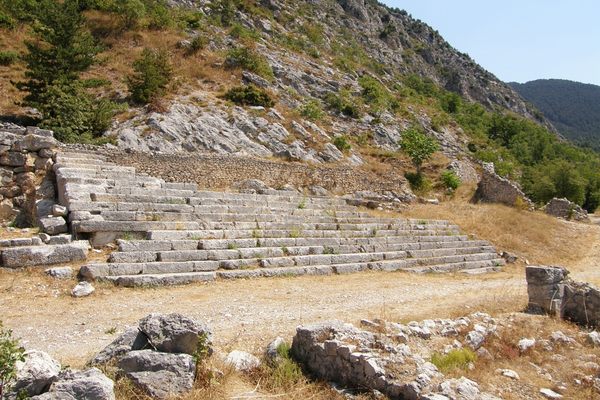
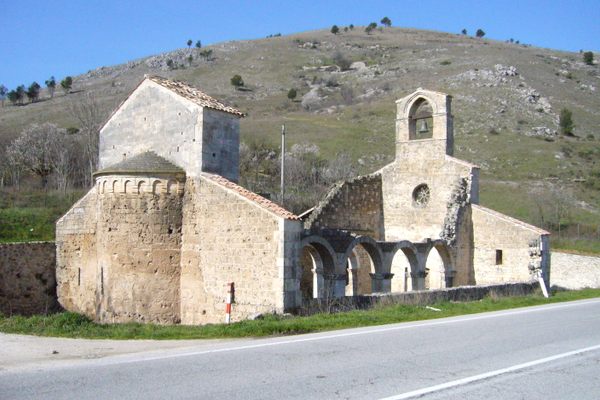



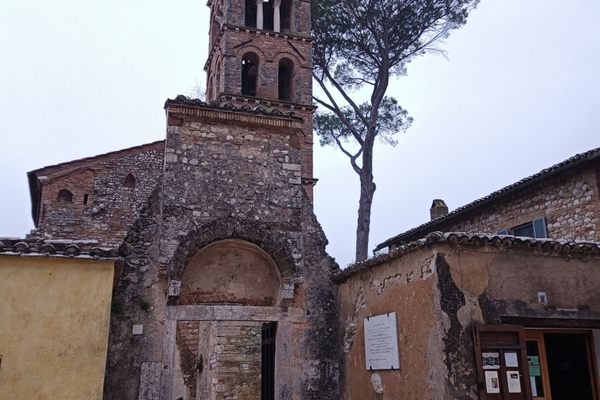

Follow us on Twitter to get the latest on the world's hidden wonders.
Like us on Facebook to get the latest on the world's hidden wonders.
Follow us on Twitter Like us on Facebook